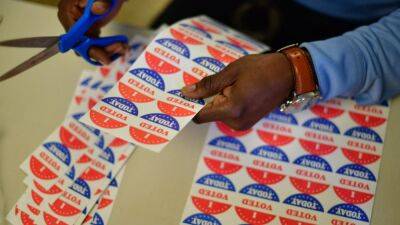Covid-19: Antibodies to lead to next-gen vaccines effective against all Covid strains found. Details here
PTI report said. Interestingly, the results show that certain animals are more able to make these types of "pan-SARS virus" antibodies than humans, giving scientists clues as to how to make better vaccines and the findings, published on Thursday in the journal Science Translational Medicine, reveal the antibody structures that produce this more comprehensive immune response.
The researchers found these neutralising antibodies recognise a viral region in the spike protein -- which the virus uses to enter and infect the cells -- that is relatively more conserved, according tp the report, which added that this means that the region is present across many different SARS viruses, and is therefore less likely to mutate over time.
According to the researchers, the finding may help develop next-generation vaccines that can offer additional protection against emerging SARS-CoV-2 variants and other SARS-related viruses. "If we can design vaccines that elicit the similar broad responses that we have seen in this study, these treatments could enable broader protection against the virus and variants of concern," said study senior author Raiees Andrabi, an investigator at The Scripps Research Institute.
The researchers immunised rhesus macaque monkeys with the SARS-CoV-2 spike protein. Two shots were administered, resembling a similar strategy used with currently available vaccines in humans, the report said.
Read more on livemint.com







































